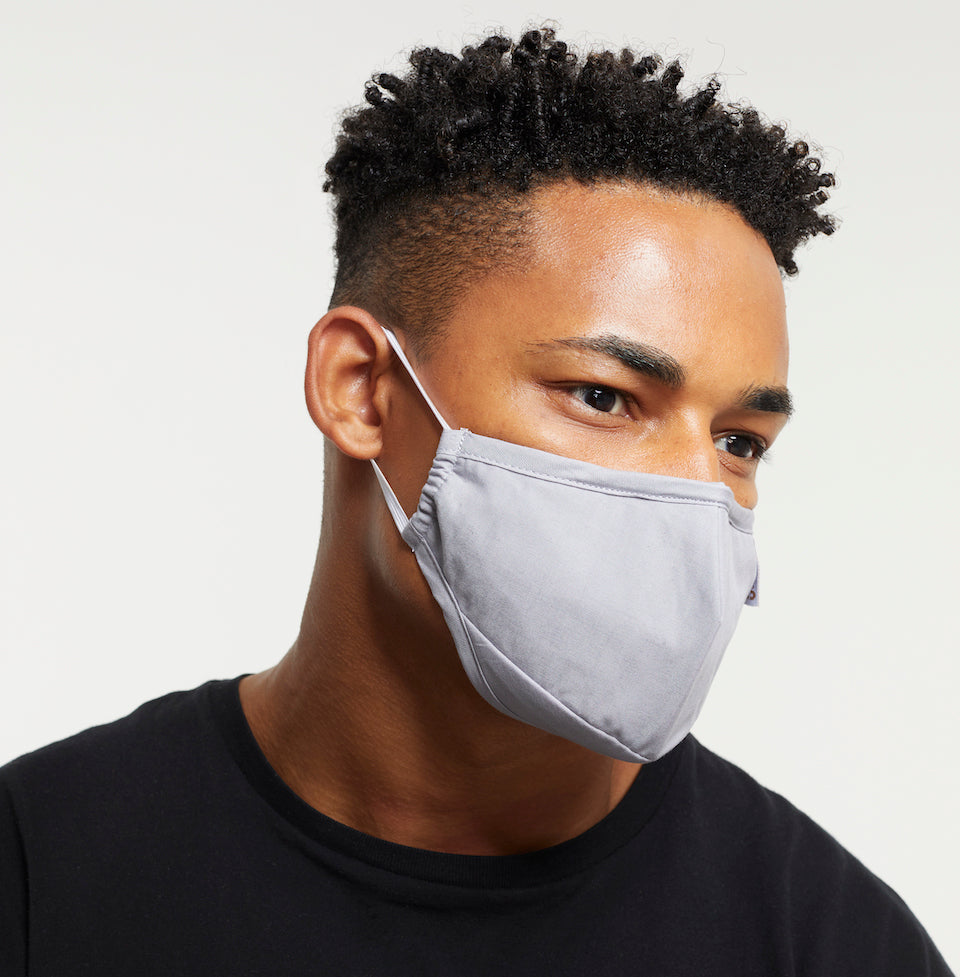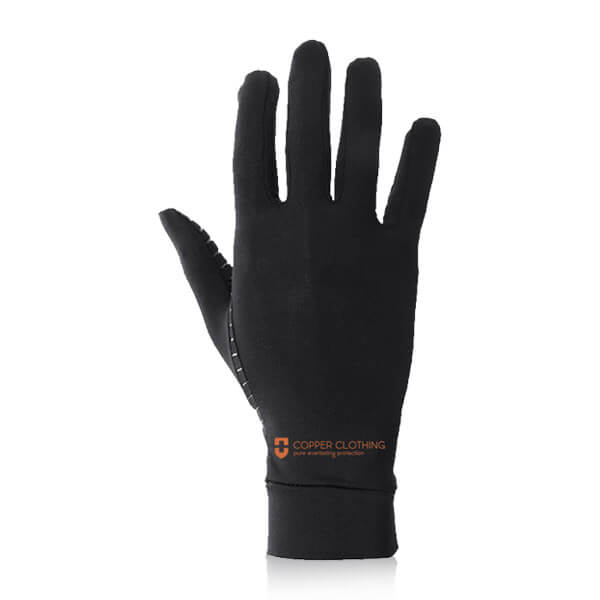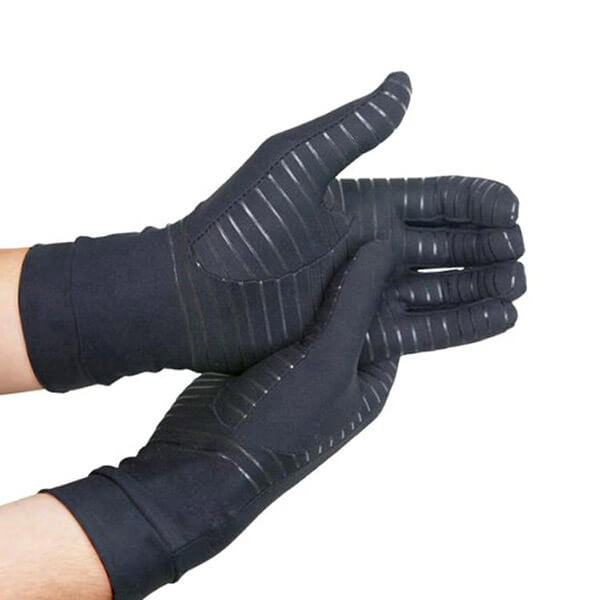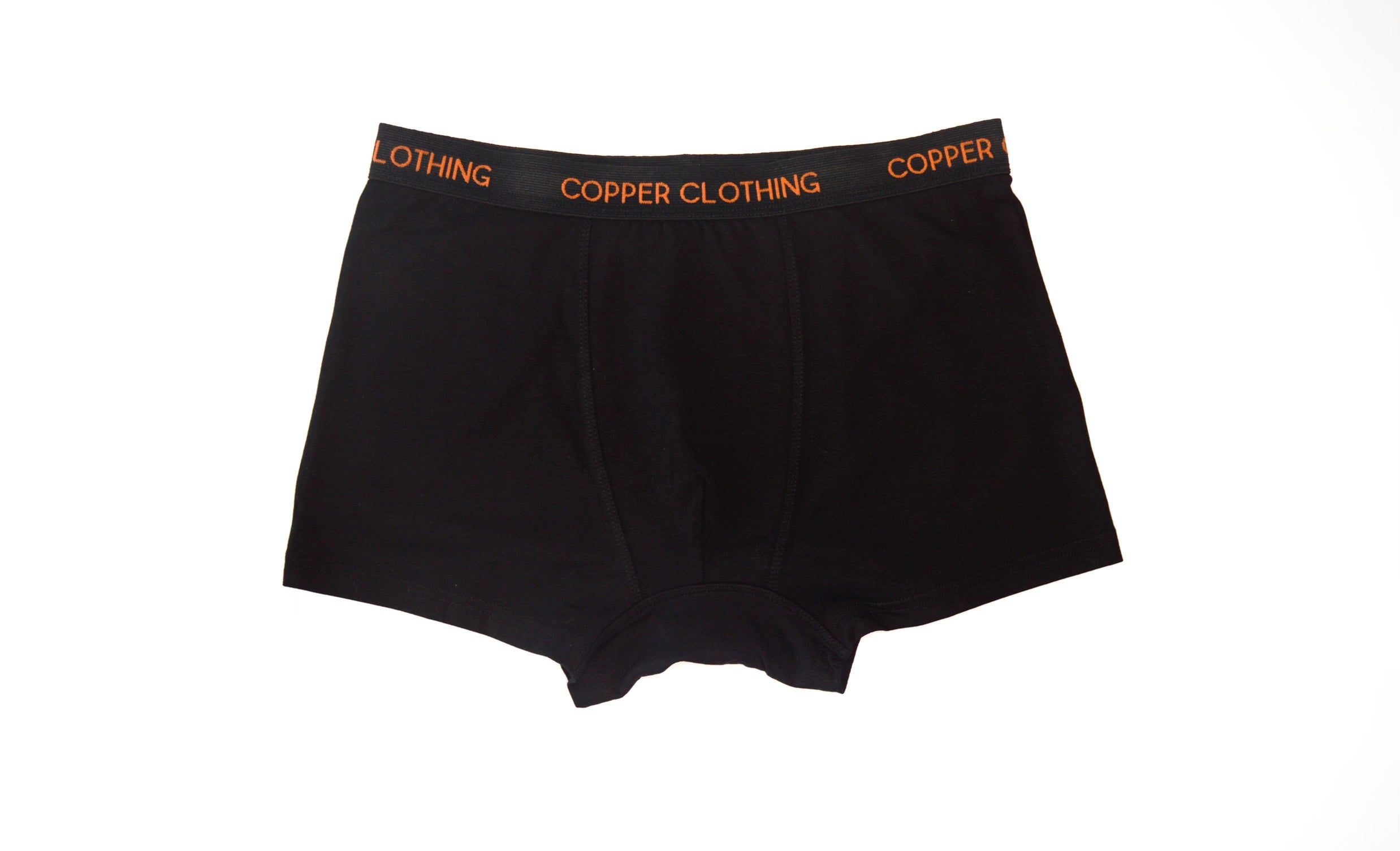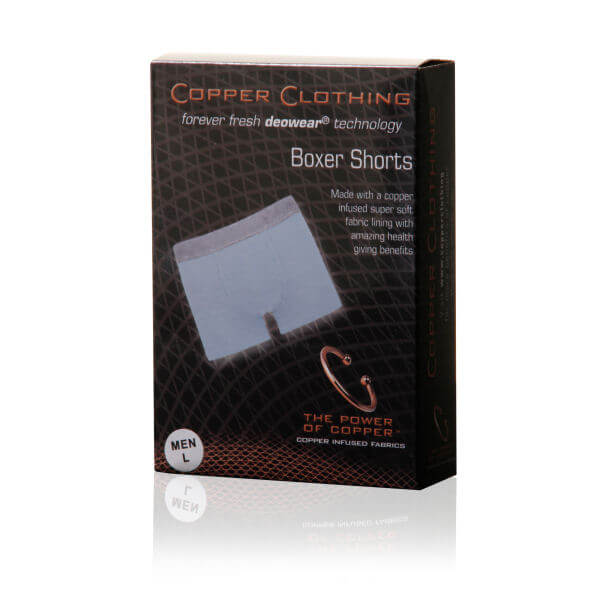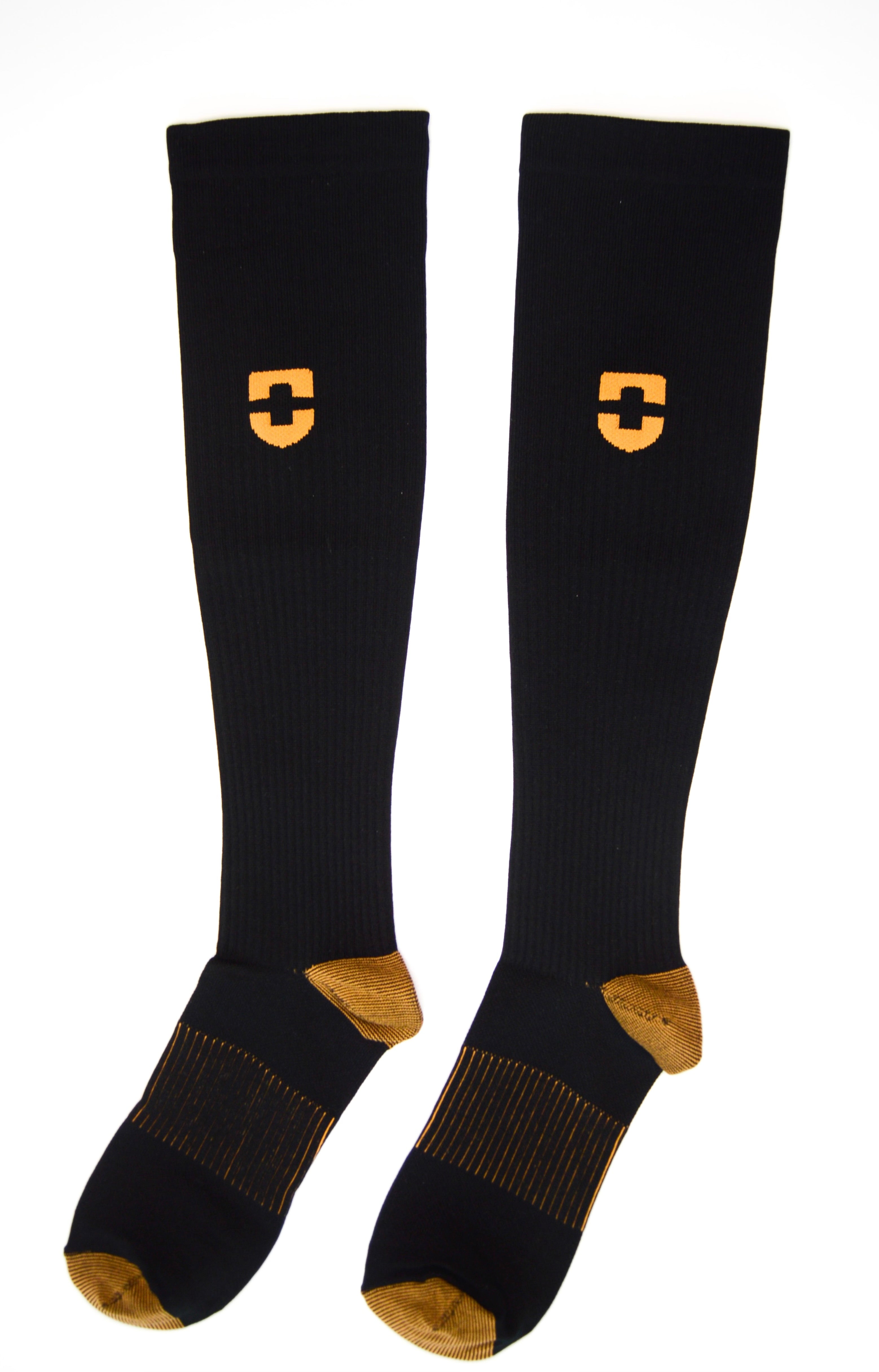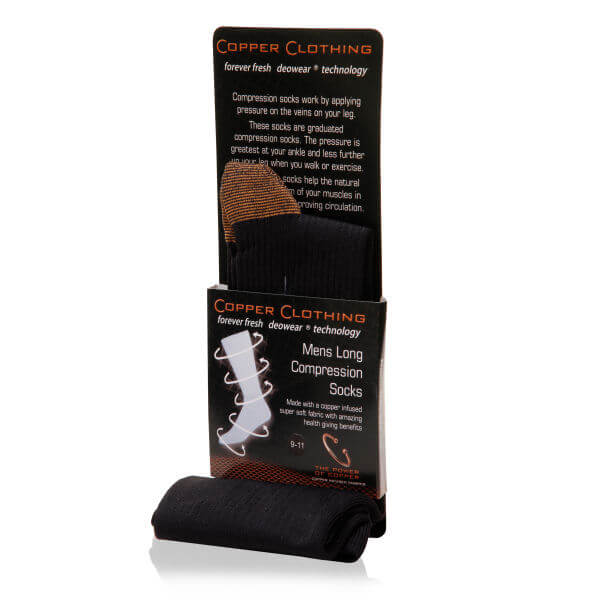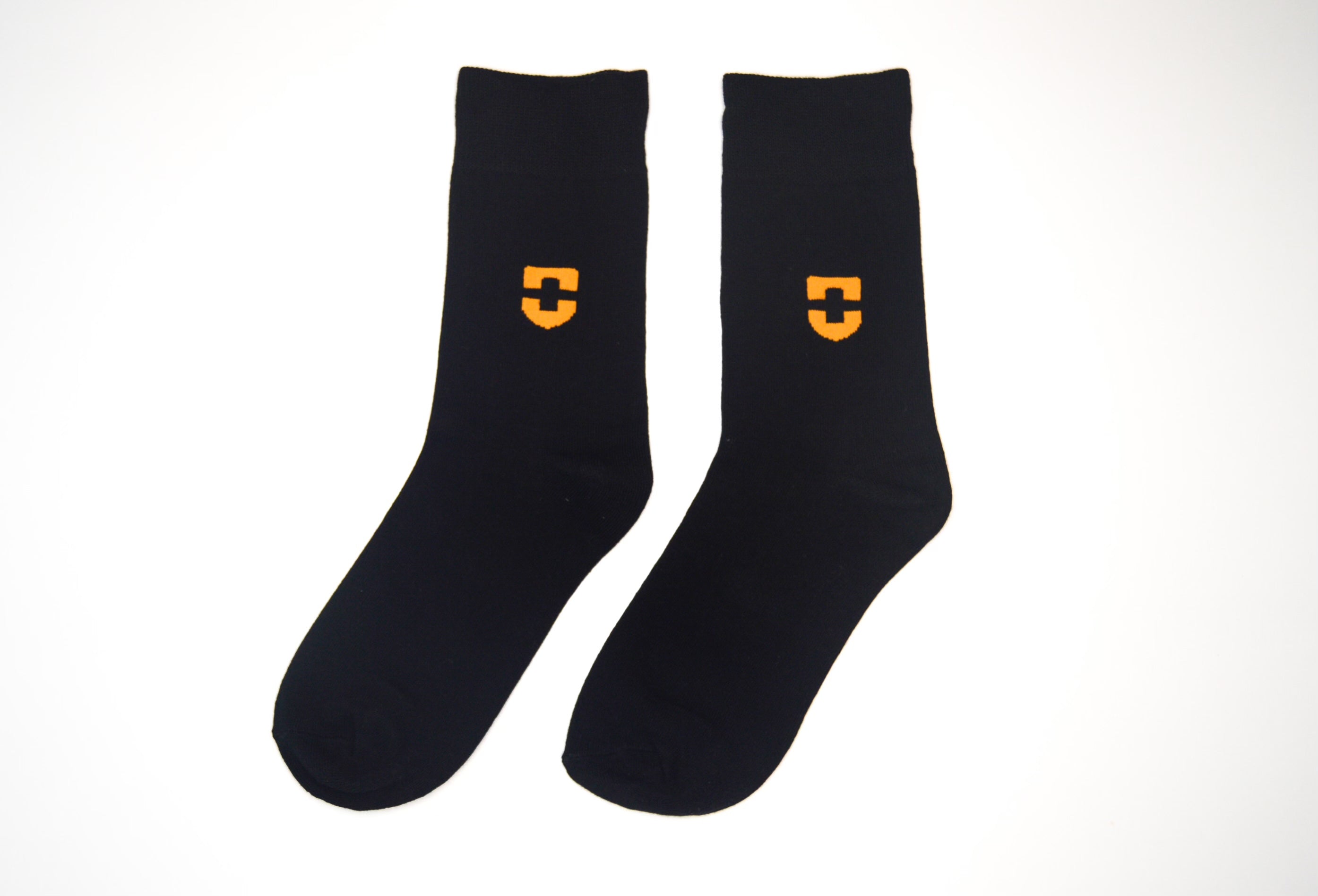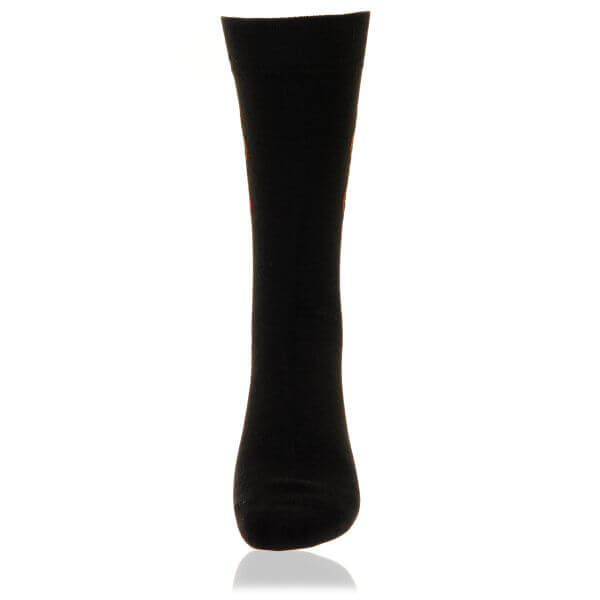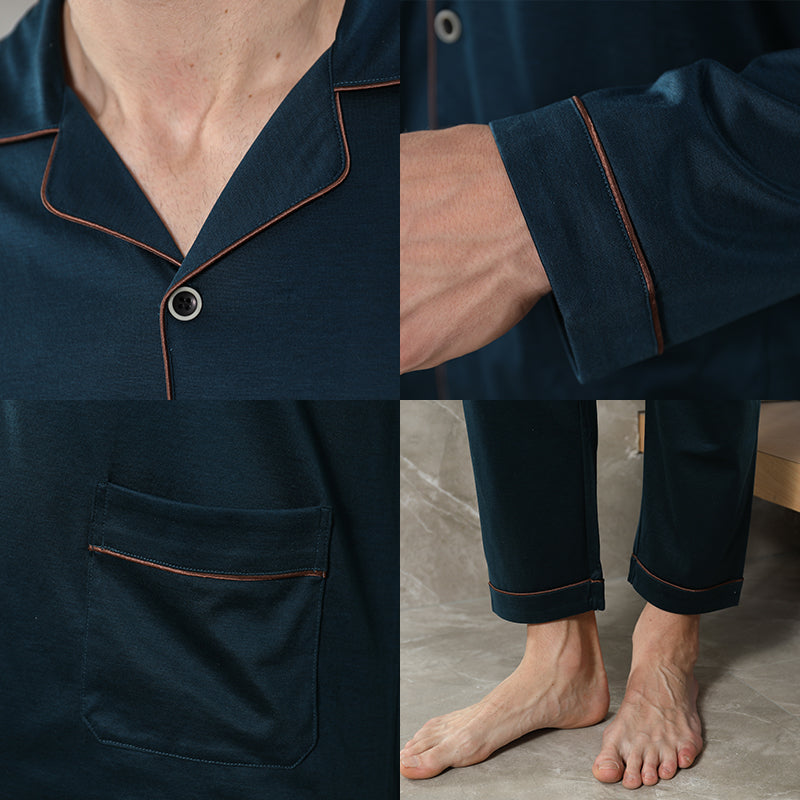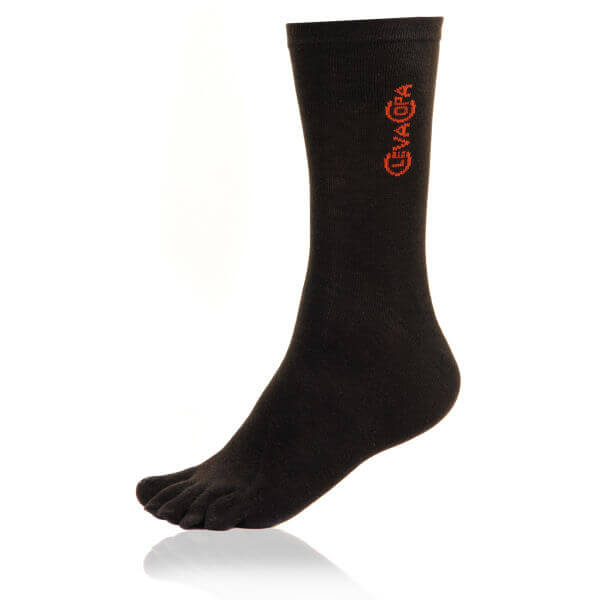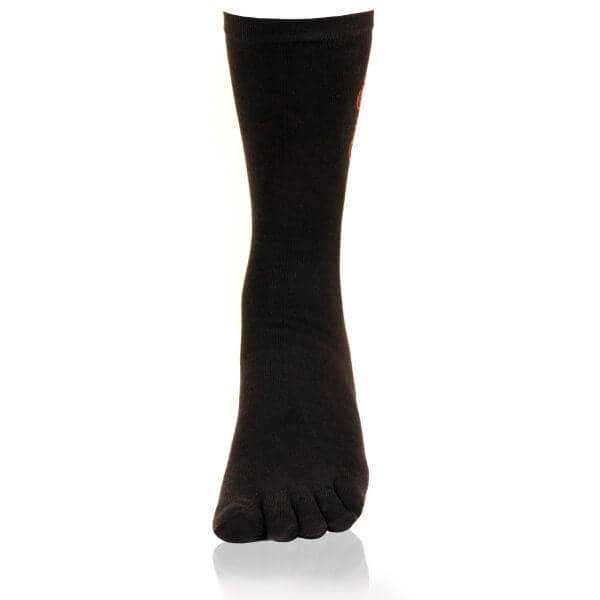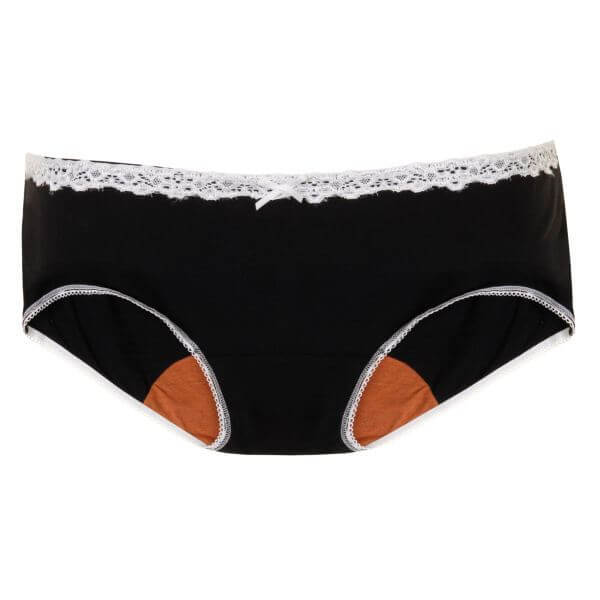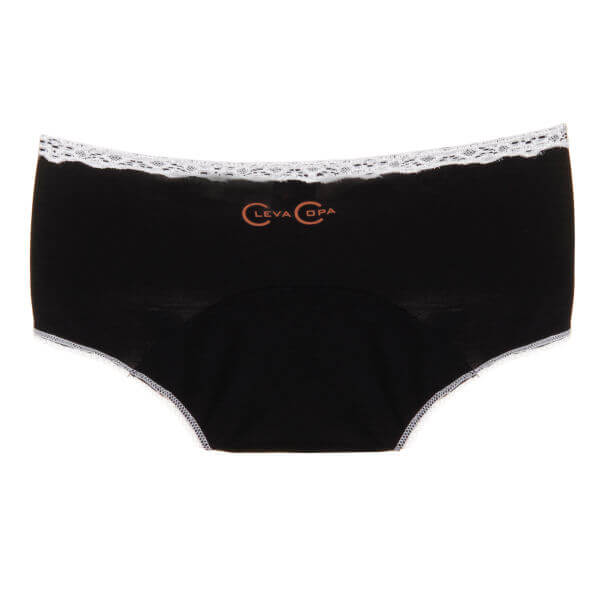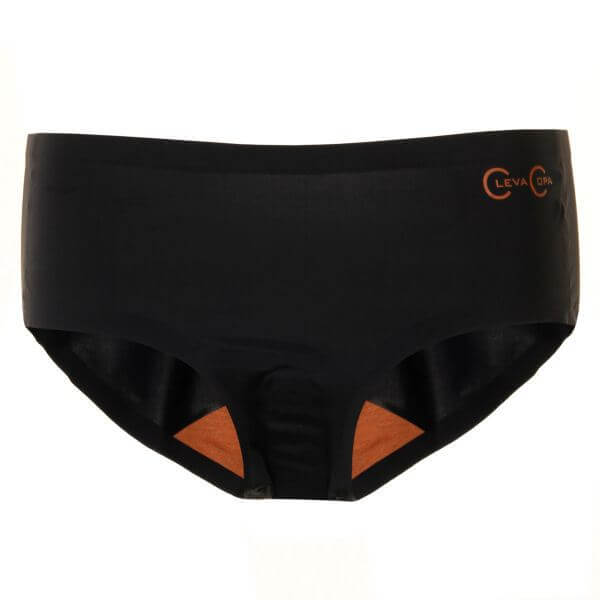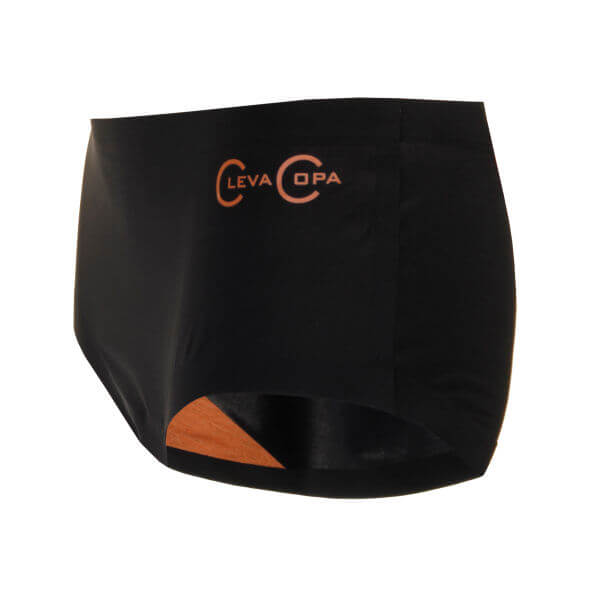How Often Should You Change Your Towel?
Published
March 16 2023
Germs – this is a word we all have been paying attention to since the onset of the pandemic. Washing your hands and getting rid of germs is something you religiously follow, but how often do you pay attention to the towels in your home? Is cleaning them time-to-time enough, or do you need to replace them as well? And if yes, then how often should you replace your towel?
Allow us to answer your concerns!
Why is it Important to Clean Your Towels?
Bacteria, viruses, and fungi live on your body in limited quantities. That's not alarming, and in fact, they make the skin microbiome which keeps you protected against harmful microorganisms.
Every time you dry your body with your towel, you transfer the microbes and skin cells on the material along with moisture. A combination of moisture and skin cells allows the microbes to multiply in a more-than-needed quantity on the towel. This does not happen on your skin as your skin produces an acid to prevent the production of excess microbes. But the towel can't do that.
Damp towels and skin cells on them help microbes colonise. And when you don't wash your towel regularly, it will be crawling with viruses, bacteria, and fungi. Although you won't have any negative effects of reusing an unwashed towel directly on your health, you can possibly increase your risk of getting folliculitis, a condition that looks similar to acne. Folliculitis is a skin condition that happens when you have a bacterial infection in your hair follicle.
Reusing unwashed towels for longer can increase the spread of bacteria on your body and even infect the hair follicles.
Does Washing Towels Help?
Yes, washing your towel can help eliminate the dead skin cells, microbes, and sweat accumulated on it. It's easier to get all these things on your towel after every wash; hence, it's important to wash your towel every three days or more often if you shower more than once a day.
But if your towel is beyond the point of washing, meaning if it shows the signs of replacement, simply washing it might help, and you might have to replace it.
How Often Should You Replace Your Kitchen & Bath Towel?
While bath and kitchen towels are some of the most used items on everyone's list, they are often ignored, and no one spends on them until they absolutely need to. But you should know how often to replace your towels since longer than necessary usage can make them a breeding ground for bacteria that can infect your skin.
The frequency of how often to replace your towels depends on their usage, meaning what you are using them for. To make things easier for you, bath towels should be replaced every two to five years, while kitchen towels need to be changed within one or two years.
Other than this, here are some things to consider when thinking about how often to replace towels:
-
They Produce Odour
You know it's time to replace when your towels start stinking. Smelly towels are a sign that they cannot let go of the moisture and germs from their surface. Although towels start smelling between uses or when they are not washed properly, older towels that are almost on the brink of being replaced smell immediately after washing or after one use.
-
They're No Longer Absorbent
Old towels have worn-out fibres in them, which aren't able to absorb the moisture off your body. If you feel like you are unable to dry off your body or are still damp with the towel you're using, it's time to let go.
-
They've Become Too Old and Scratchy
Scratchy towels are another sign that indicates it's time to replace them. A soft and fluffy towel is something everyone loves. No one likes the rough feeling of the cloth on their skin. And if your old towel is starting to feel unpleasant on your skin, replace it because not only is it uncomfortable to use, but it's not as effective as it was in absorbing water.
-
They're Damaged
Holes, frayed edges, and tears are all signs that you need to replace your towels as soon as possible. After consistent usage and washing, the fibres of the towels are bound to break, causing them to loosen their strength, absorbency, and softness.
What if You Don’t Replace Your Towels?
After repeated usage and washes, the material of your towel will break, reducing its efficacy in absorbing moisture and germs on your body. It becomes a breeding ground for bacteria as, with time, your towel loses its ability to let go of the moisture from its surface. This results in irritated skin which could also further lead to skin infections.
What's the Best Towel to Use?
While soft and fluffy towels are something everyone looks for when they shop for a kitchen and bath towel, there are other things you should start looking for.
Start by looking at their GSM (grams per square meter). The thicker and heavier the towel is, the better it will absorb moisture. The next thing to look for is the fibre used. The fibres of the towel cloth tell a lot about their absorbency. For example, a towel combined with polyester and cotton is durable but less absorbent than a towel made of only cotton.
And lastly, having a protective layer of copper on your towels is the best choice. The copper ions in Copper Clothing's Anti-Microbial Bath and Gym Towels effectively eliminate microorganisms that stay on their surface, preventing microorganisms that cause odour on them. Moreover, our copper-infused gym and bath towels are:
- Eco-friendly
- 100% copper-infused cotton for comfort
- Self-sustainable
- Anti-odour
- Anti-ageing
- Anti-microbial
- Super absorbent









